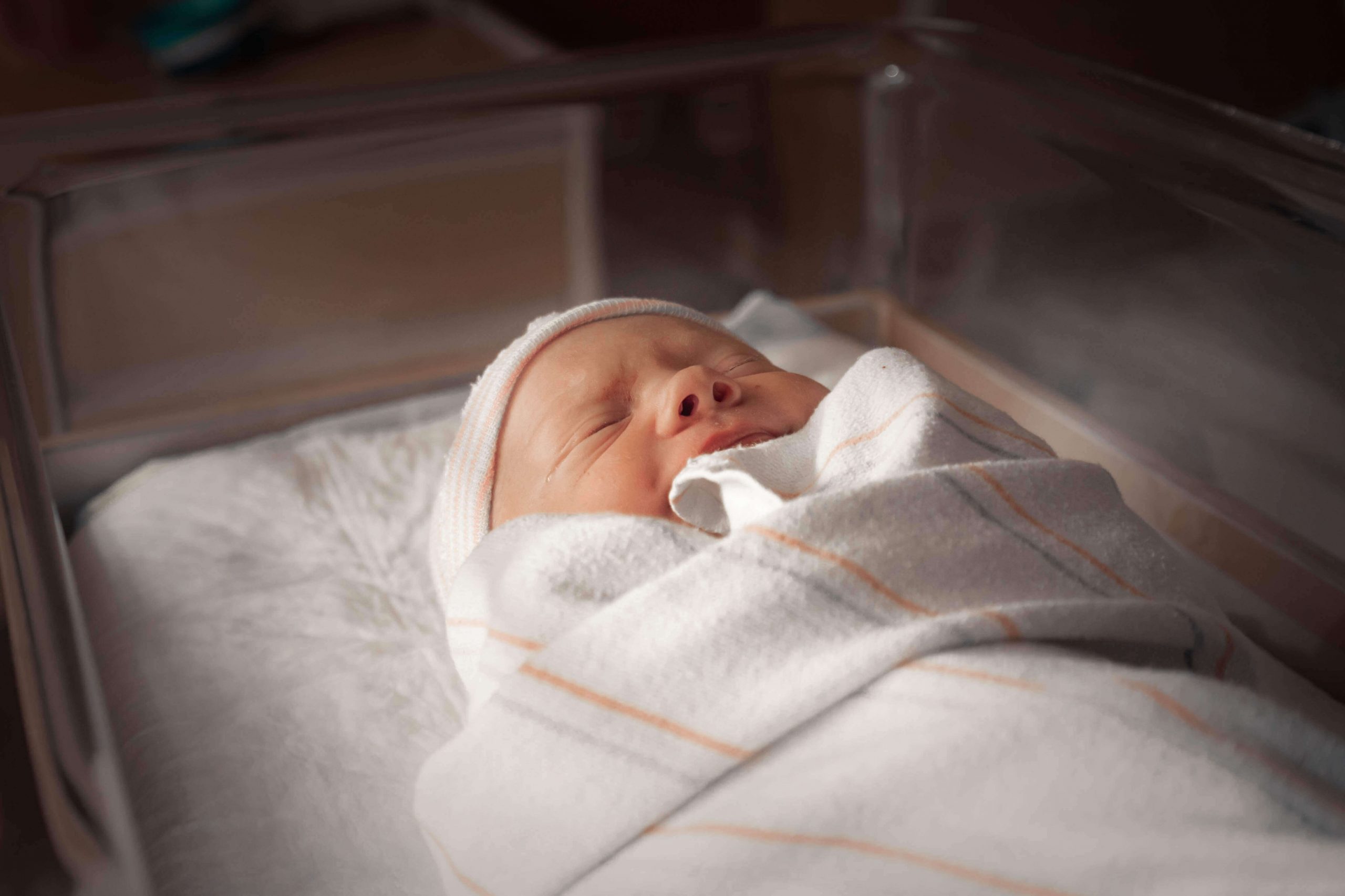Urinary incontinence, both in the day and at night, is common in school-aged children and can be very distressing for children and their families. An accurate history and a thorough physical examination is essential for assessing and diagnosing urinary incontinence in children.
Bedwetting in Children
Wetting the bed at night (nocturnal enuresis) is very common in young children. In fact, it is normal up to the age of five years. Based on medical history, patients can be classified into the following basic subgroups:
- Primary nocturnal enuresis.
- Secondary nocturnal enuresis.
When should you get professional help for paediatric bedwetting?
- If your child is still wetting the bed after the age of about six or seven,
- When/if child is unhappy or uncomfortable about it.
- If your child has persistent daytime wetting.
- If it is causing problems in the family.
- If your child has been dry at night for over a year and suddenly starts to wet the bed again.
Daytime Enuresis (Wetting during the day)
Daytime wetting may occur for the following reasons:
- Anxiety
- Caffeine
- Constipation that puts pressure on the bladder
- Dysfunctional voiding
- Not going to the bathroom often enough
- Not urinating enough when going
- Overactive bladder
- Small bladder
- Structural problems in the urinary tract
- Urinary tract infection
Getting help with daytime incontinence and bedwetting
Contact us for help with the management of children’s bladder problems today.



